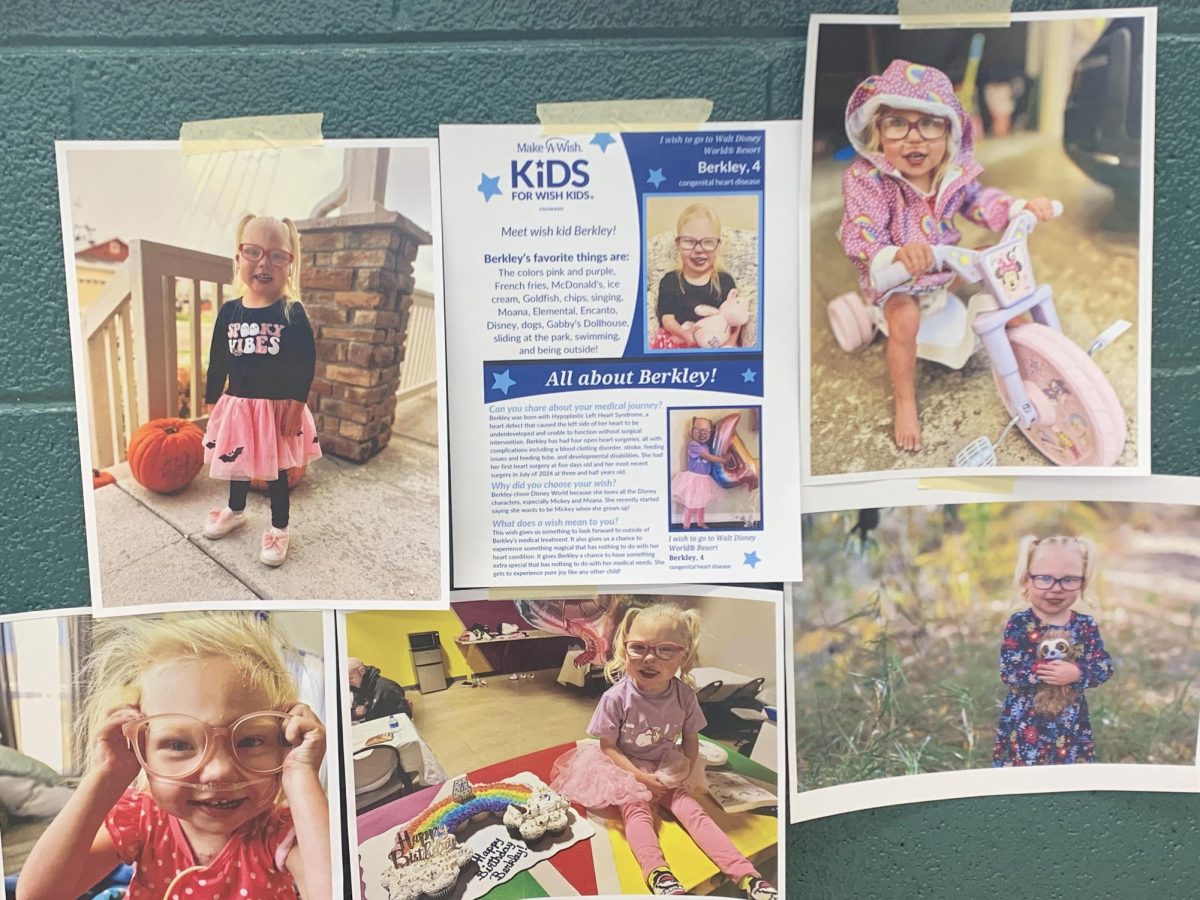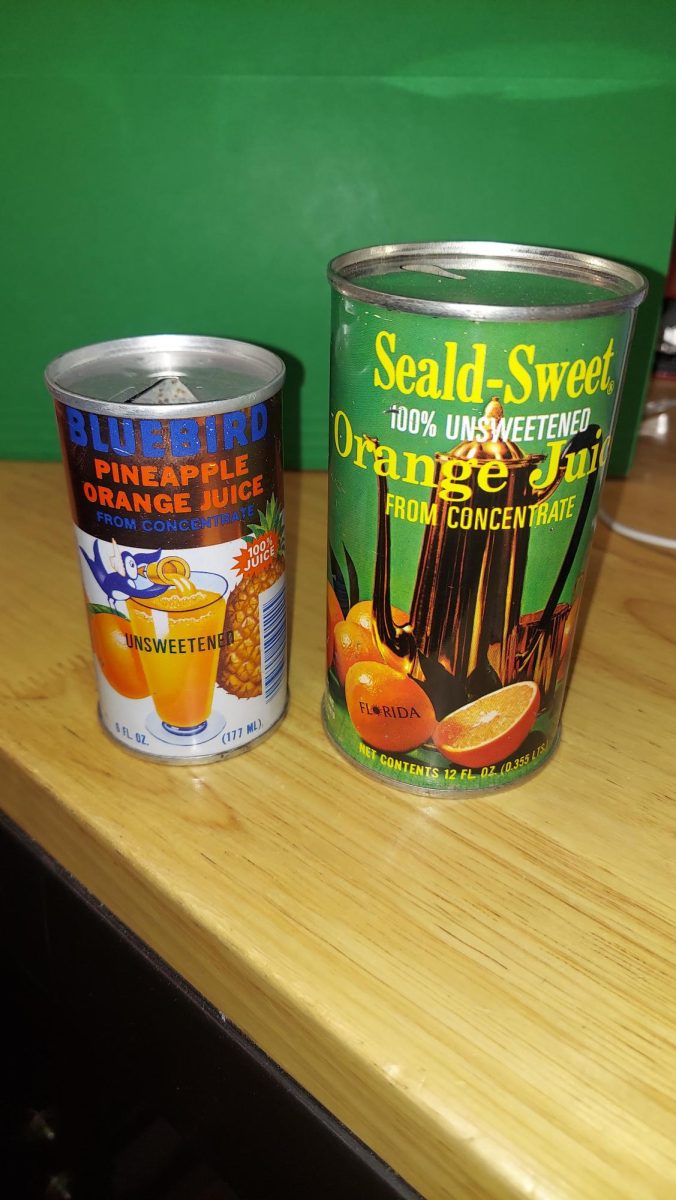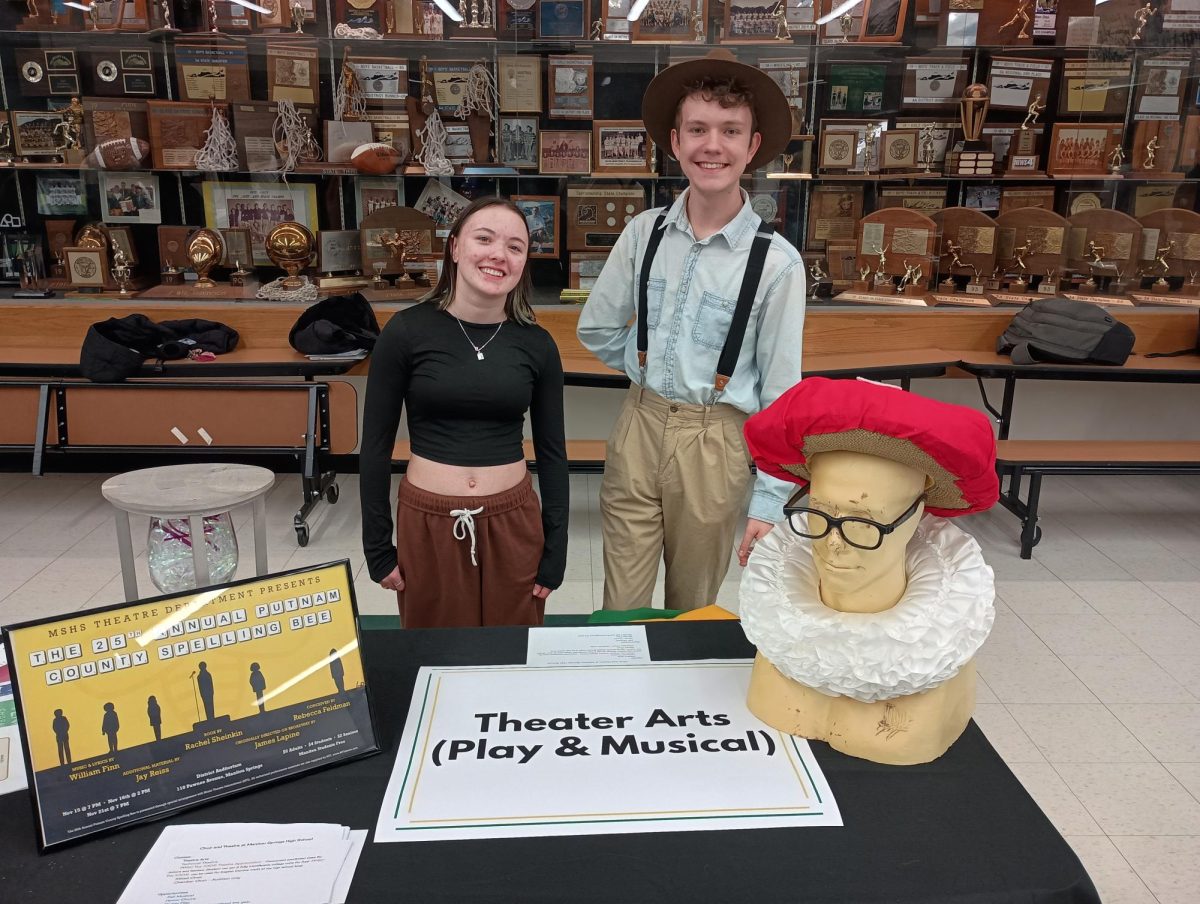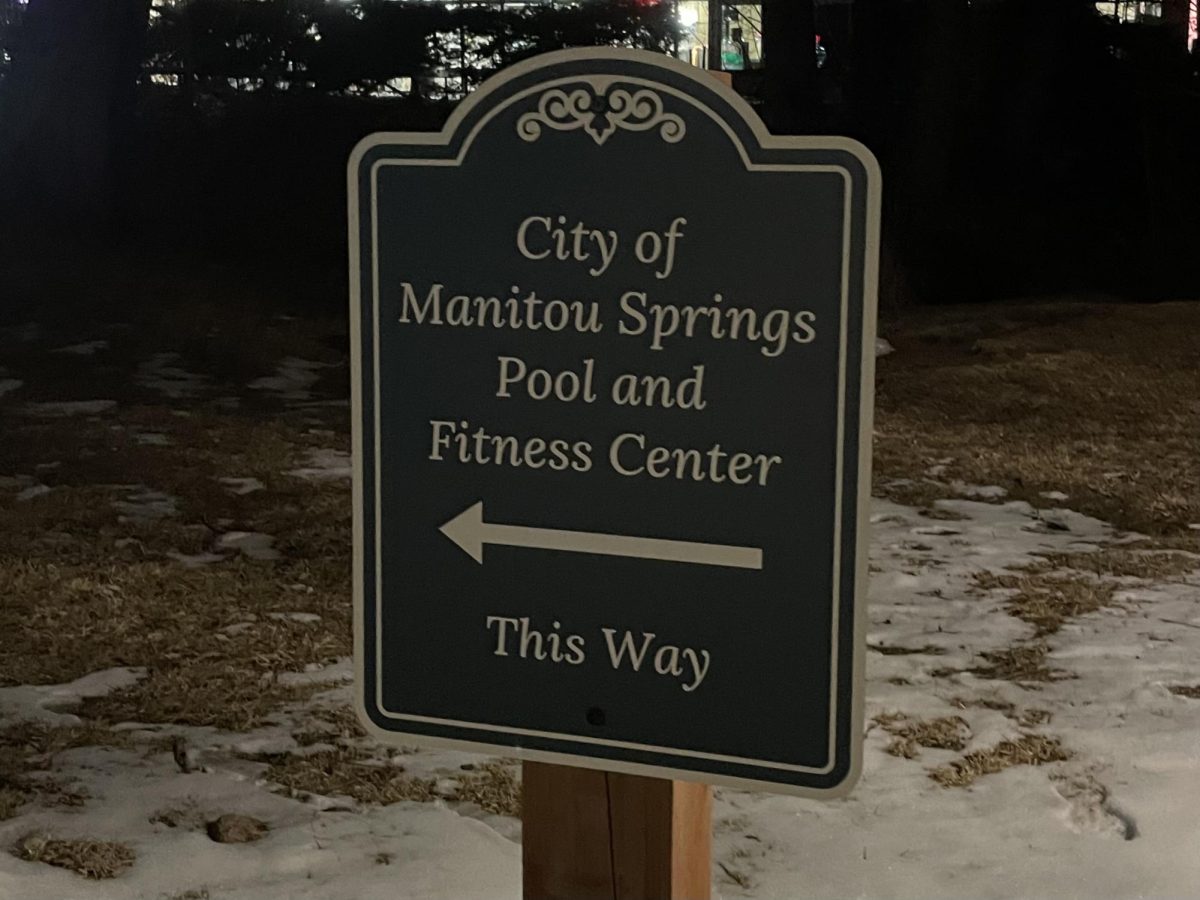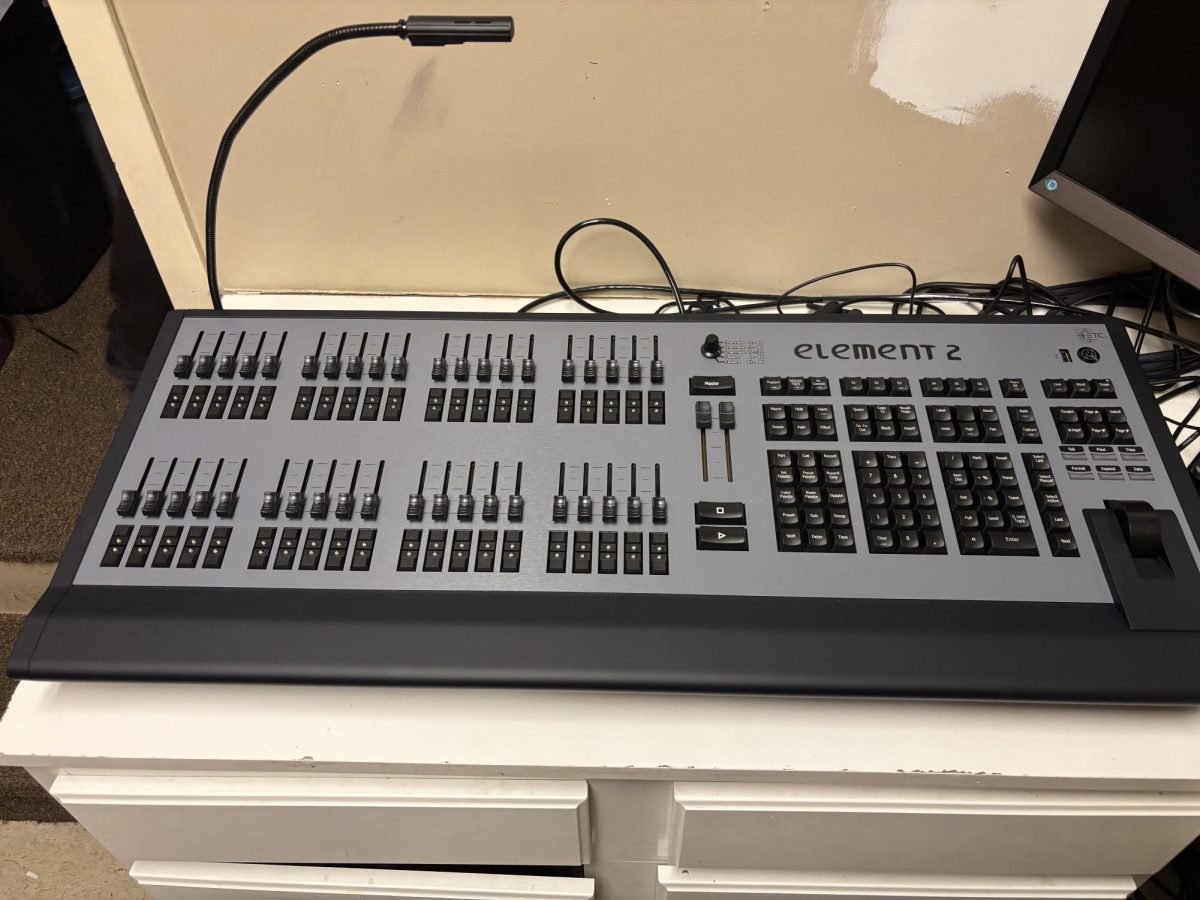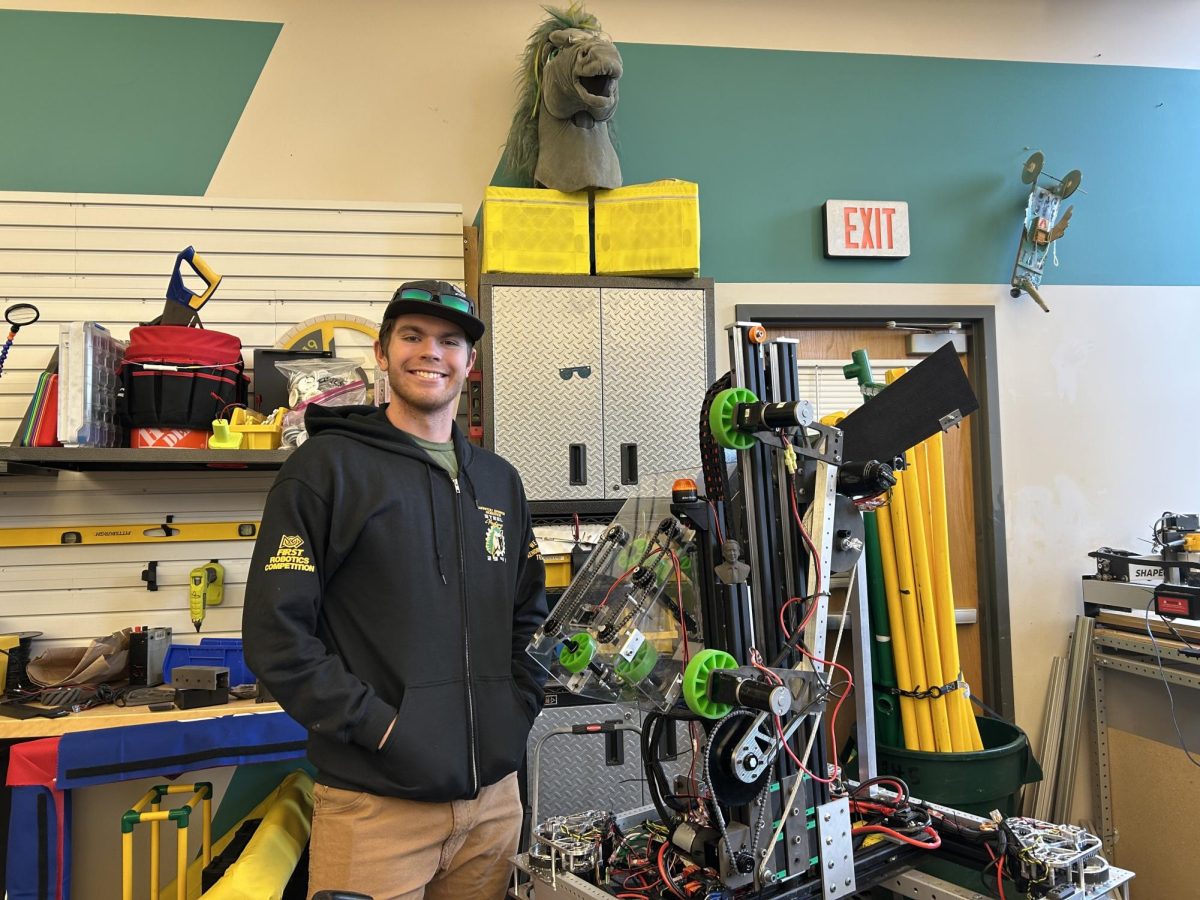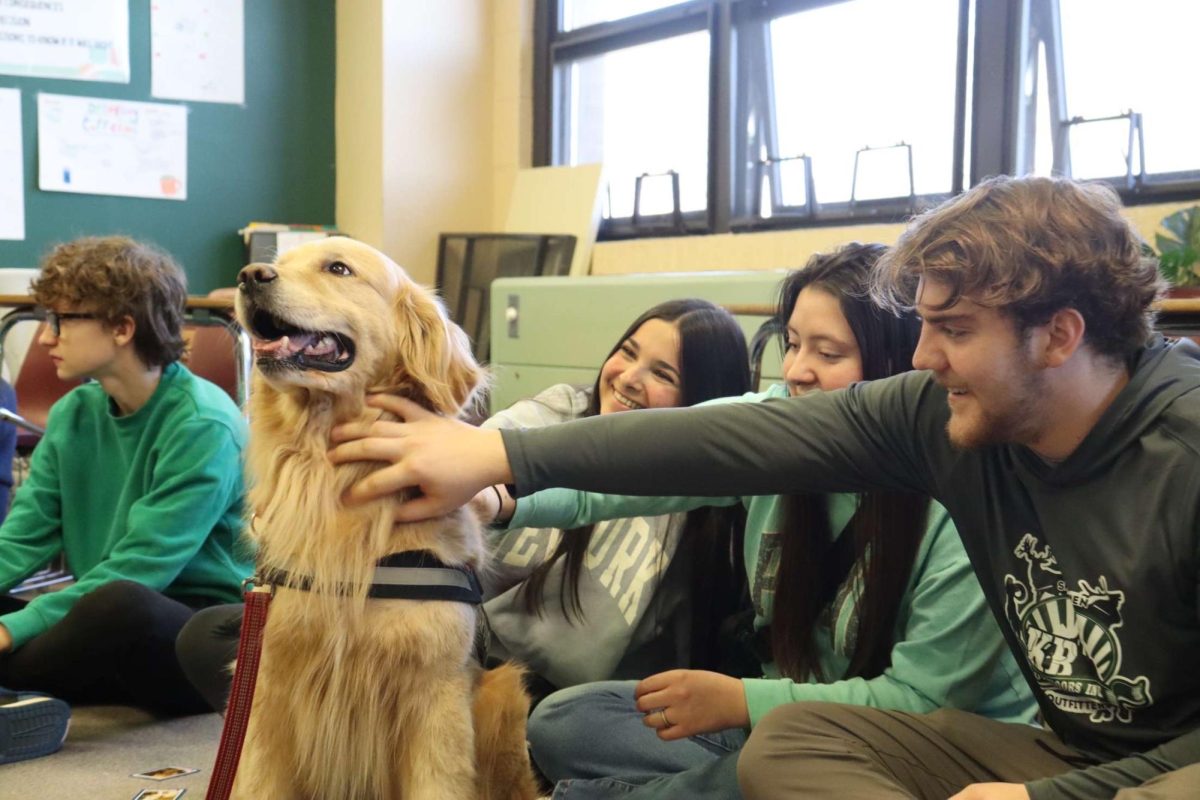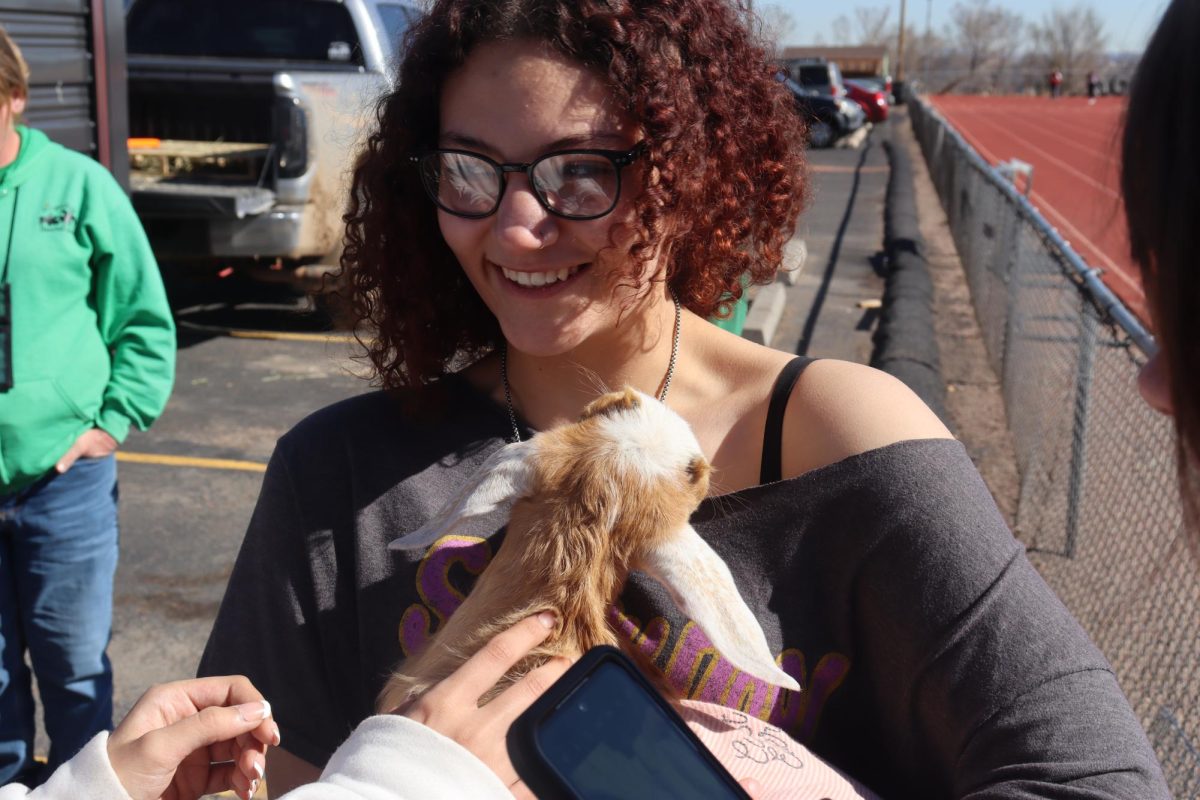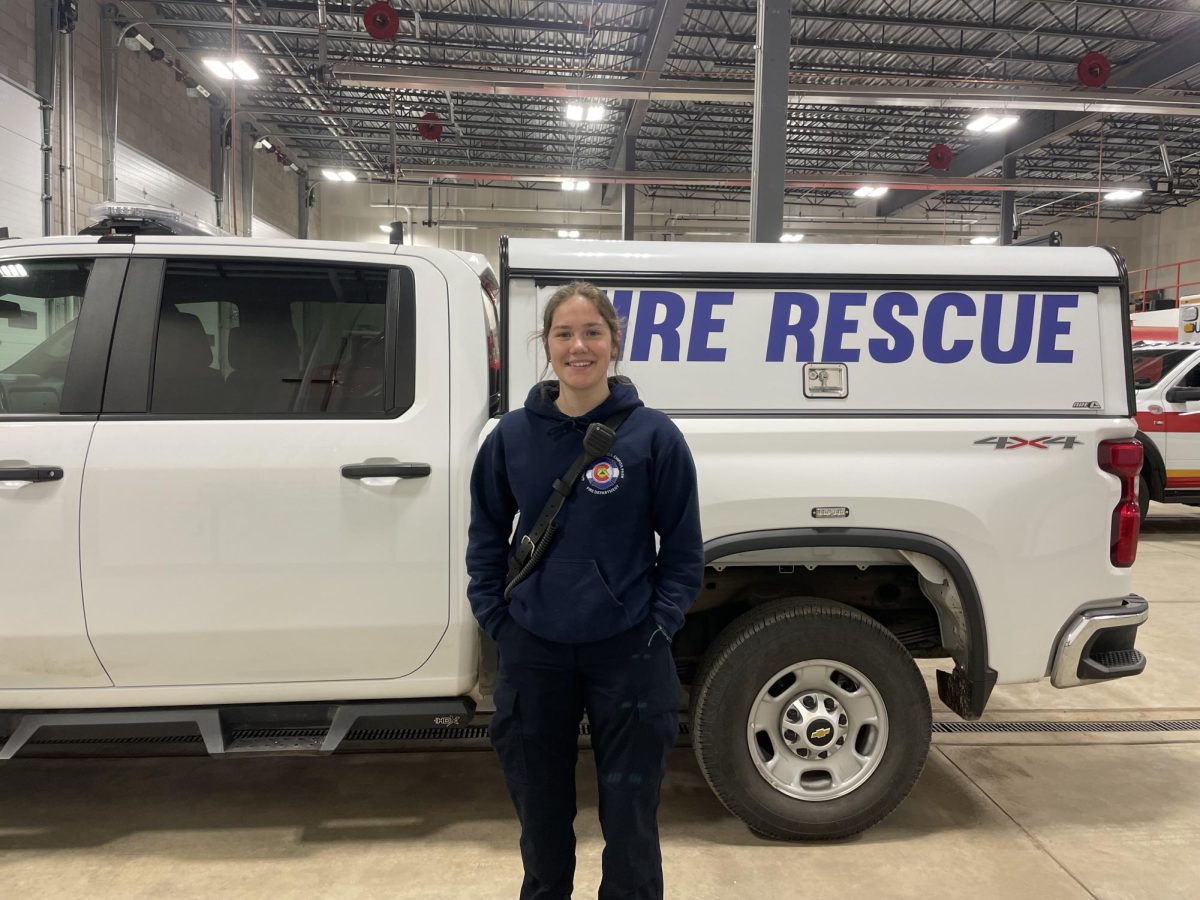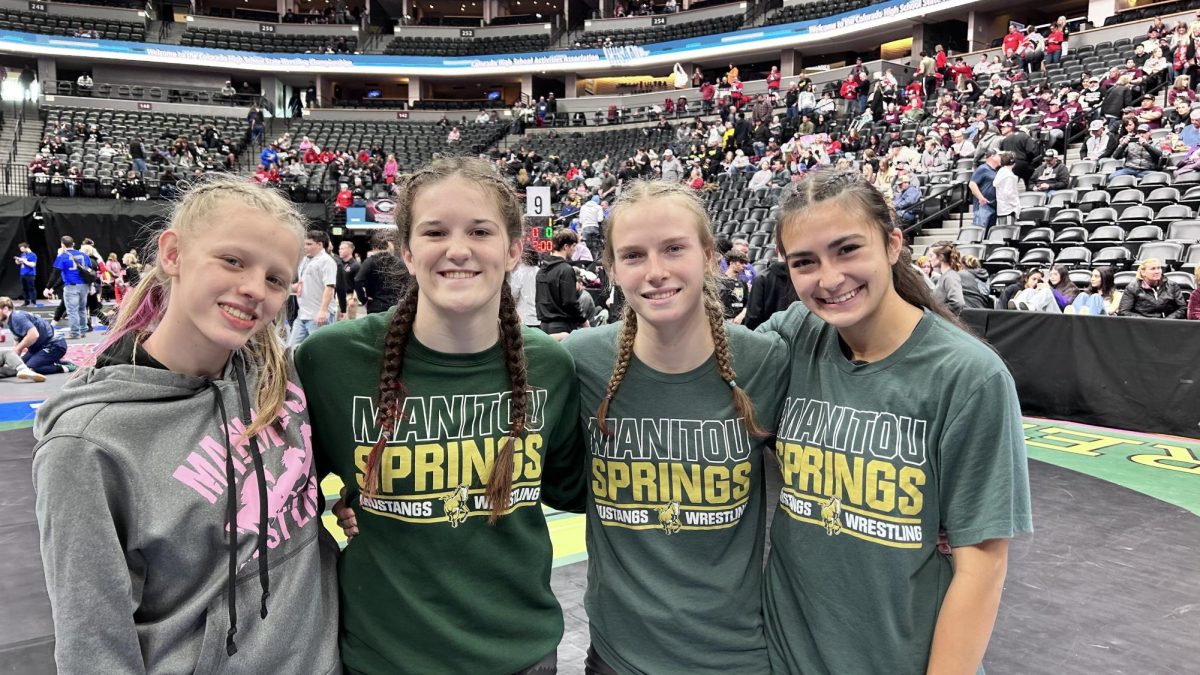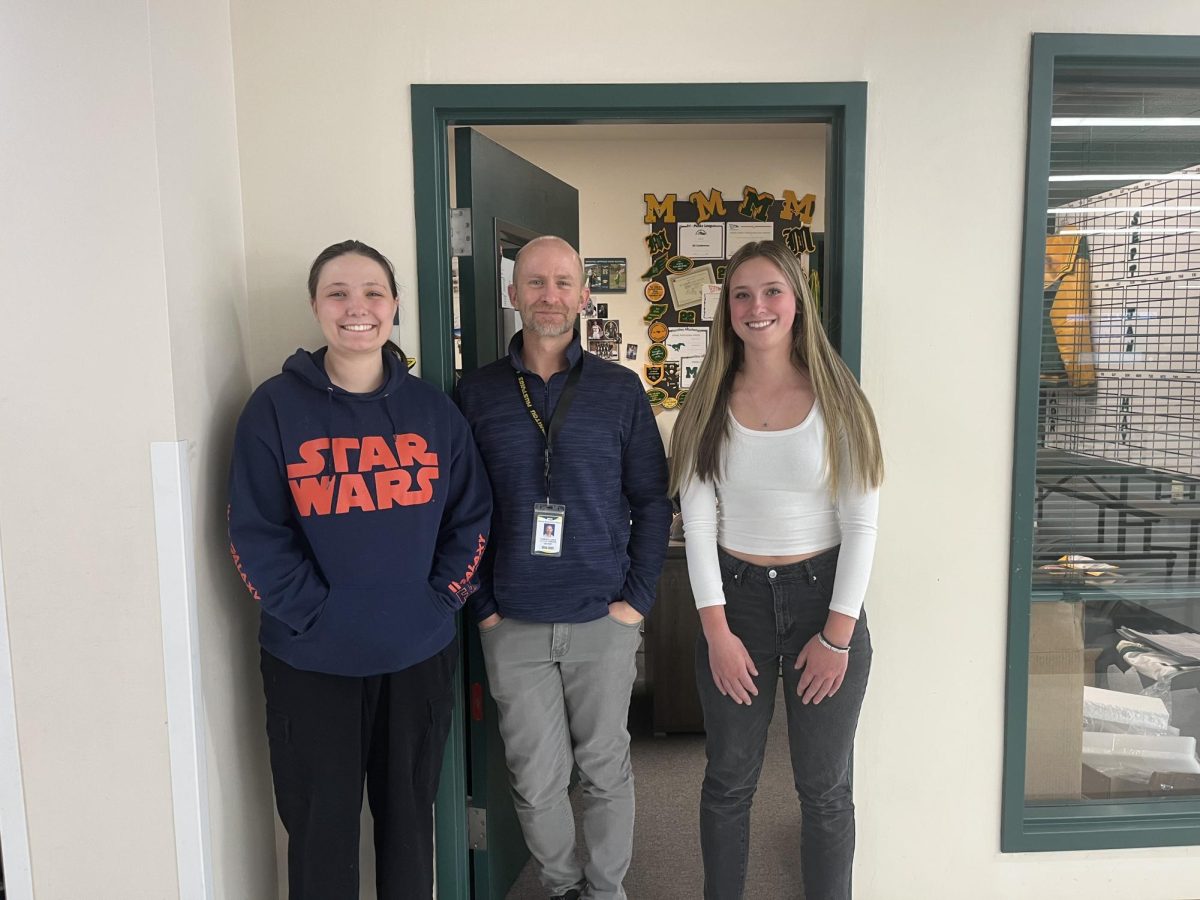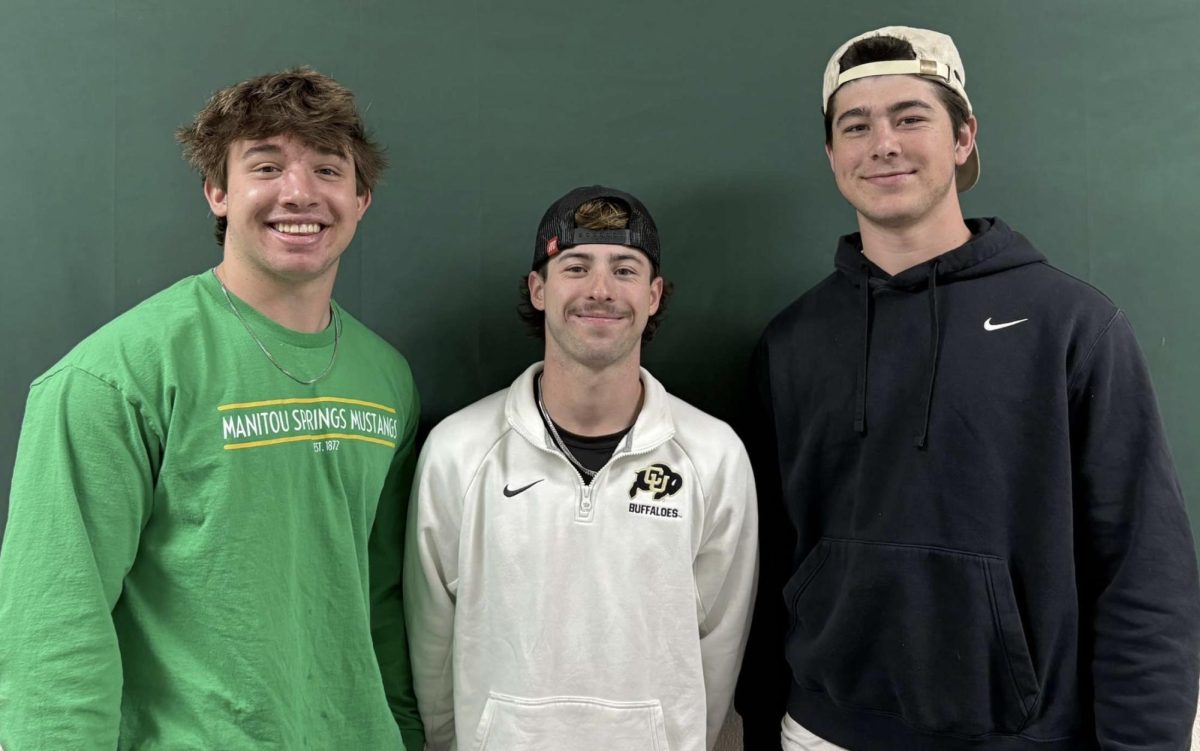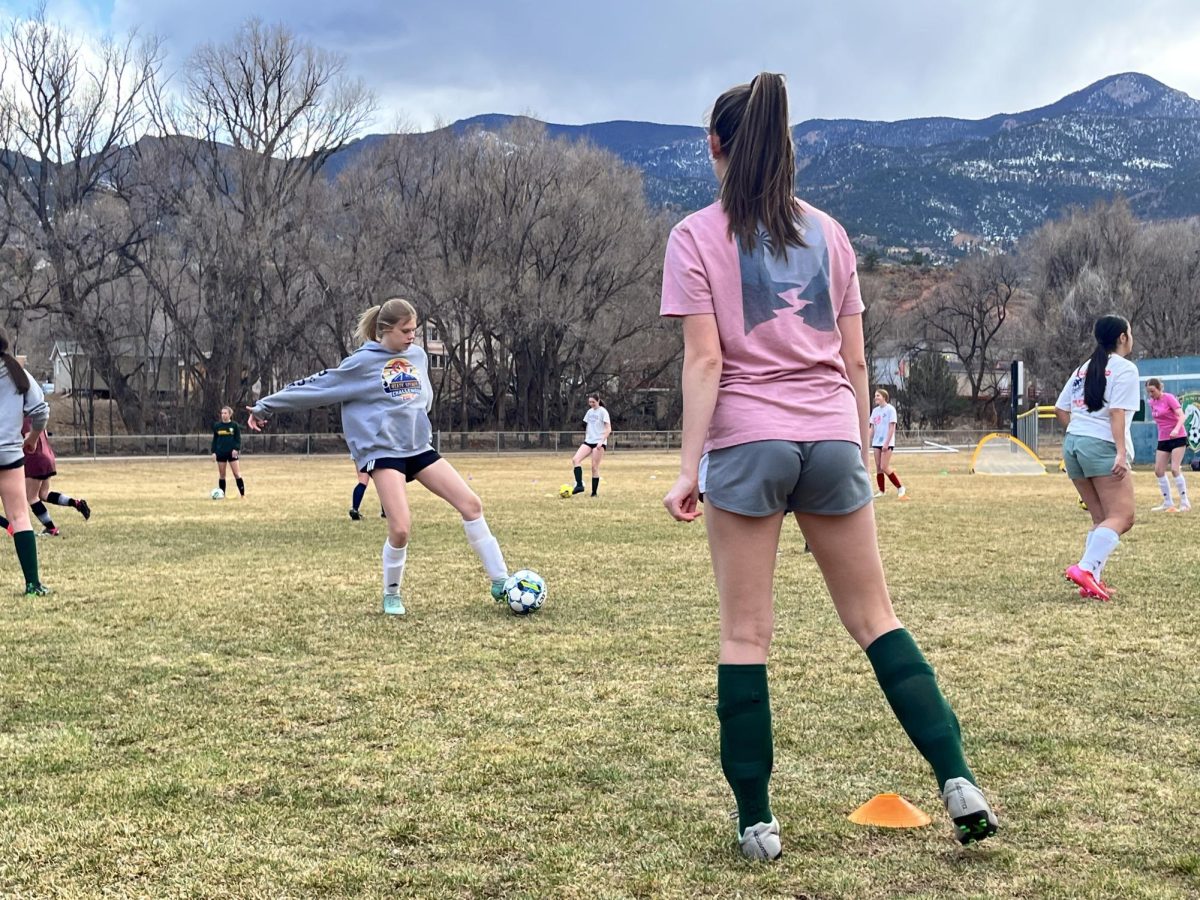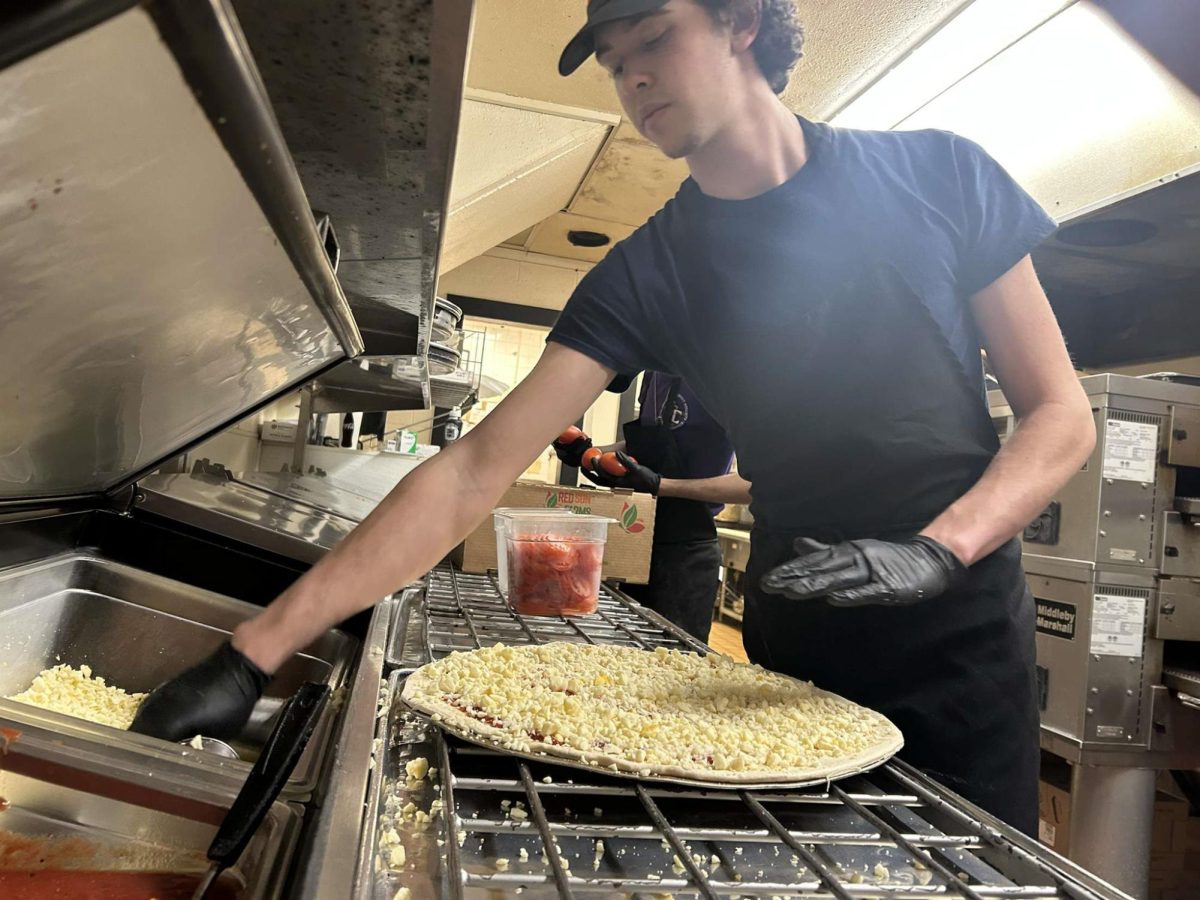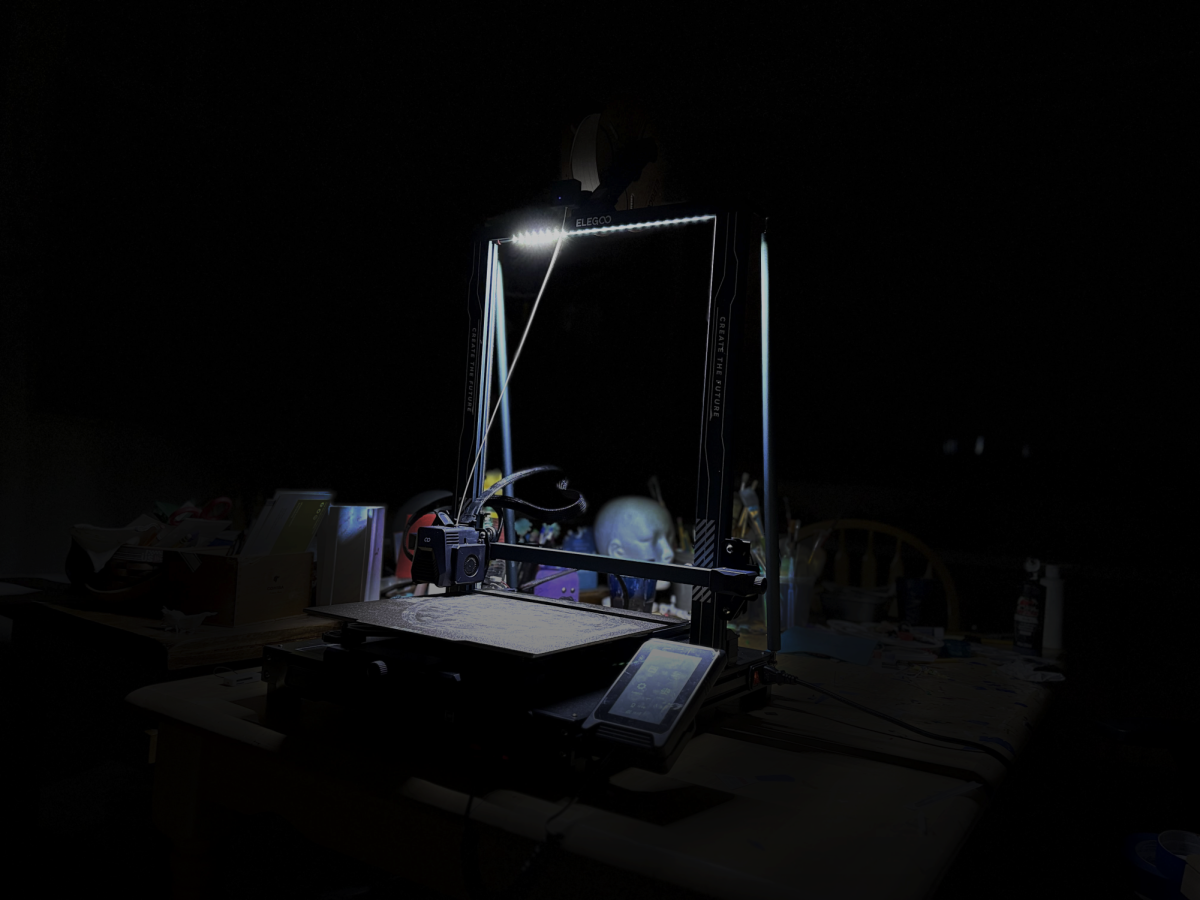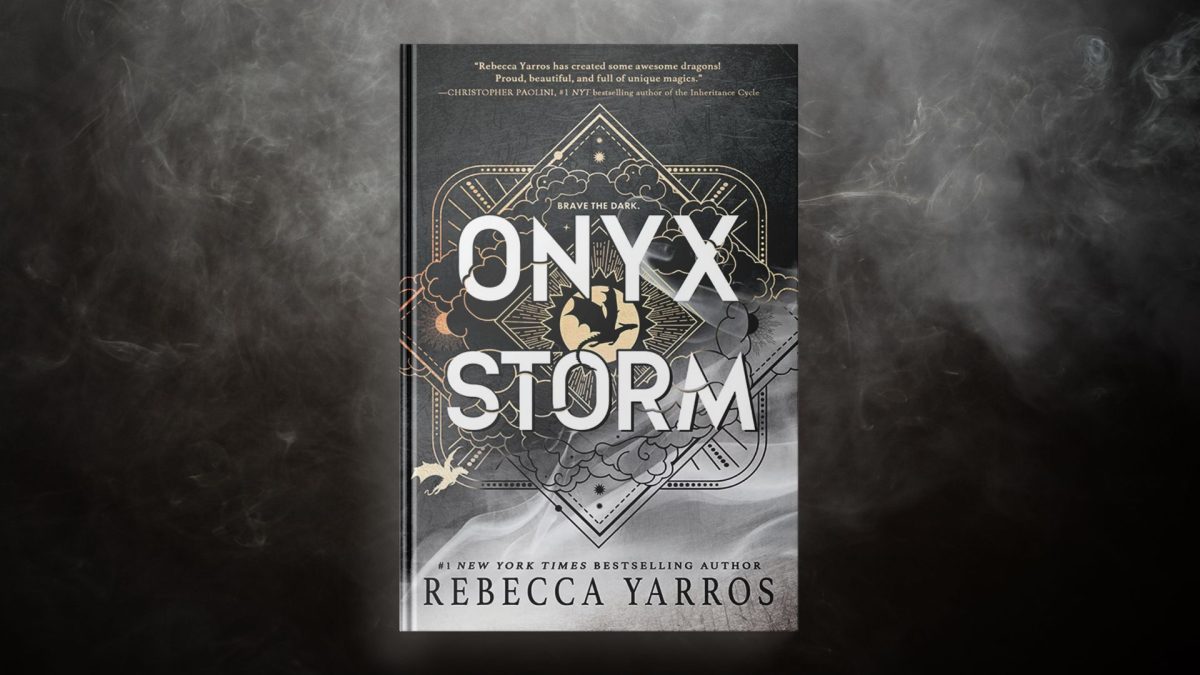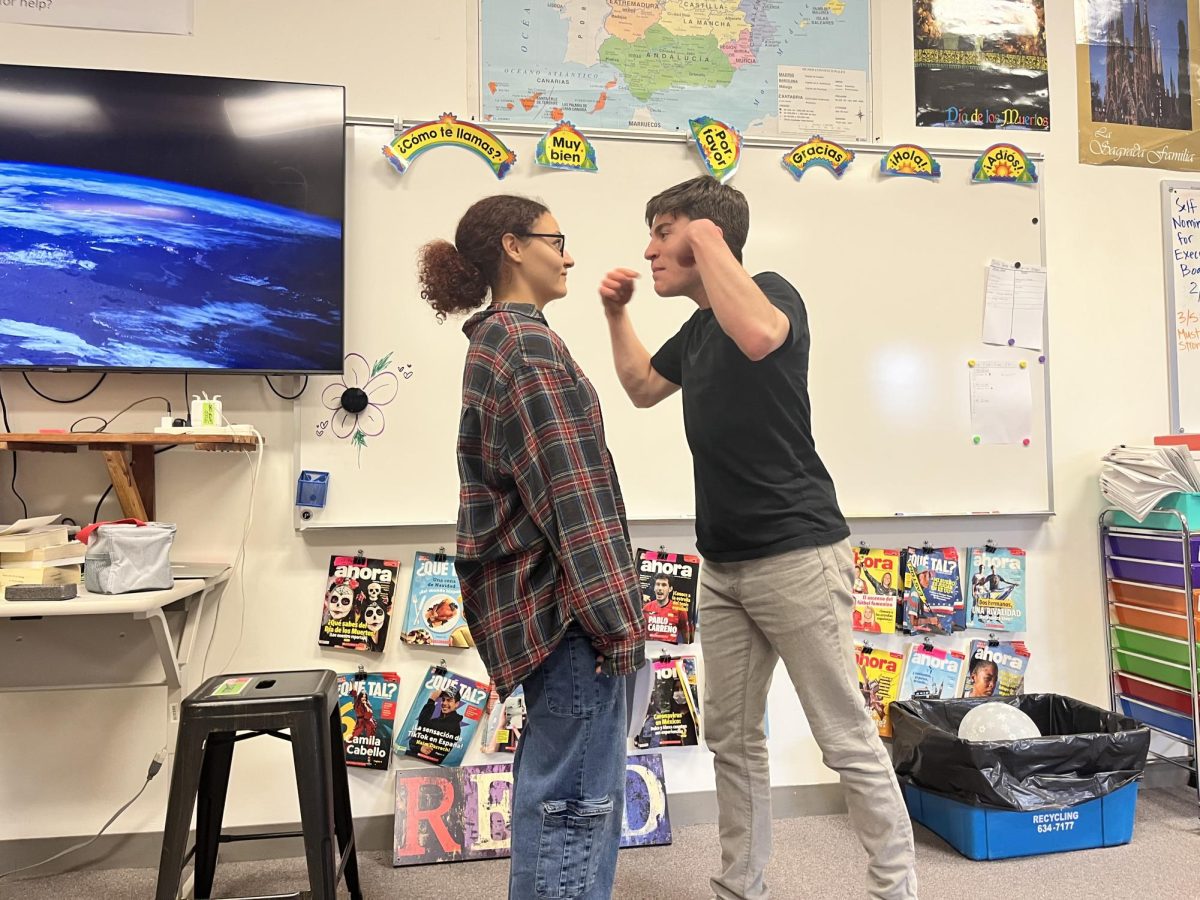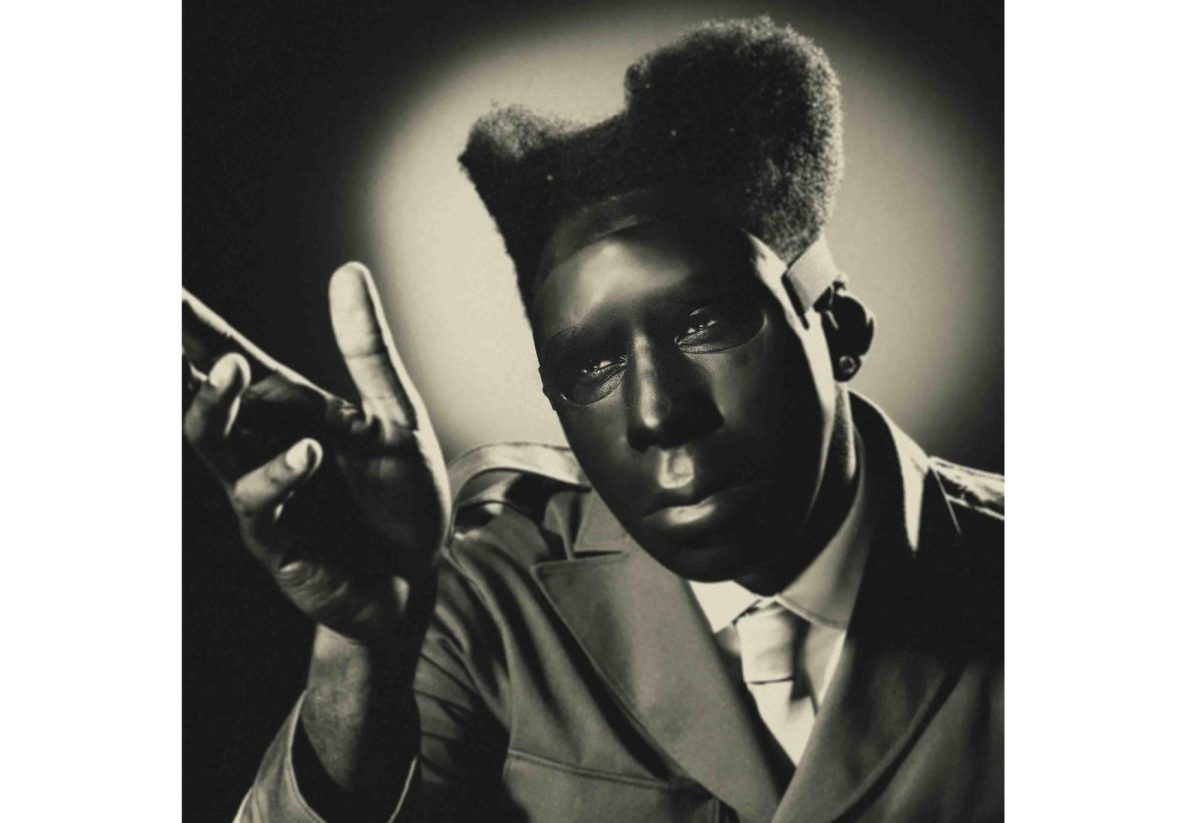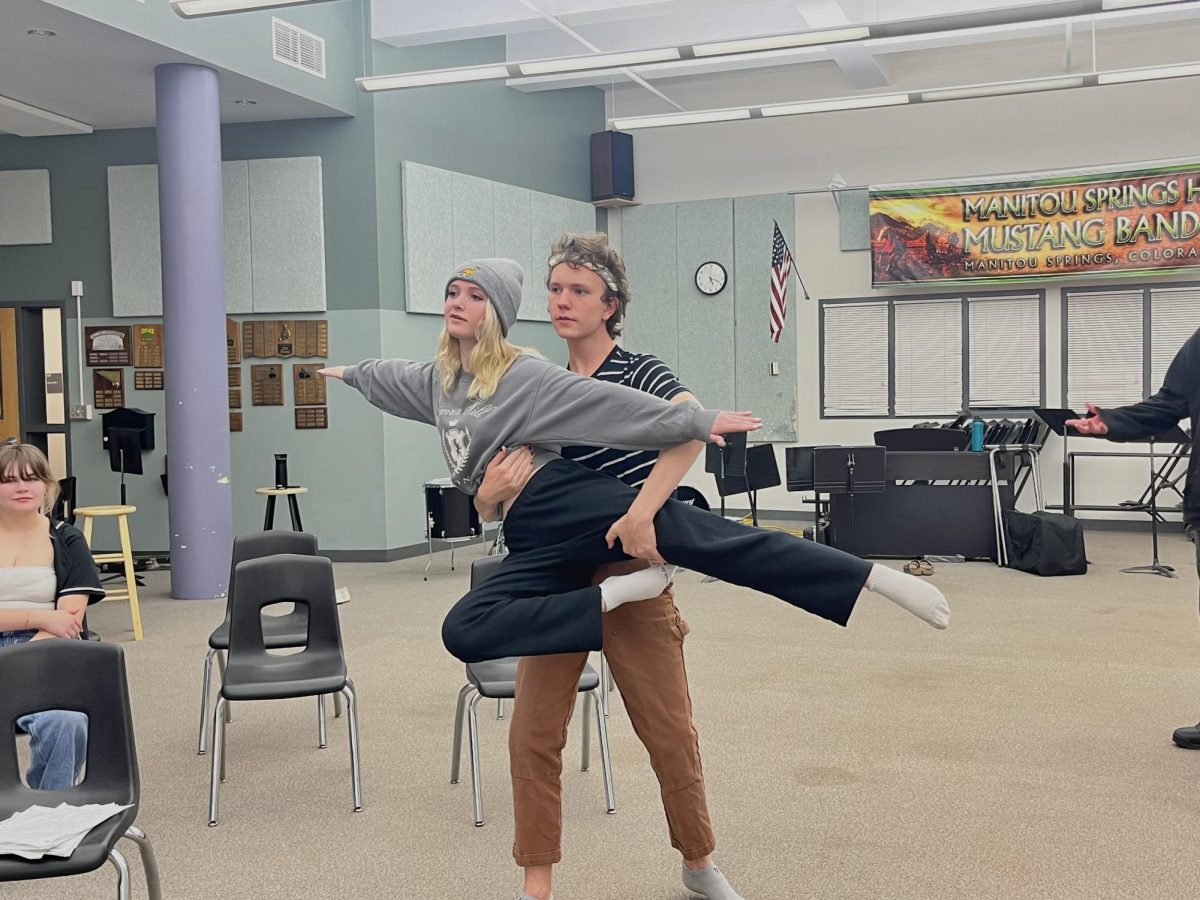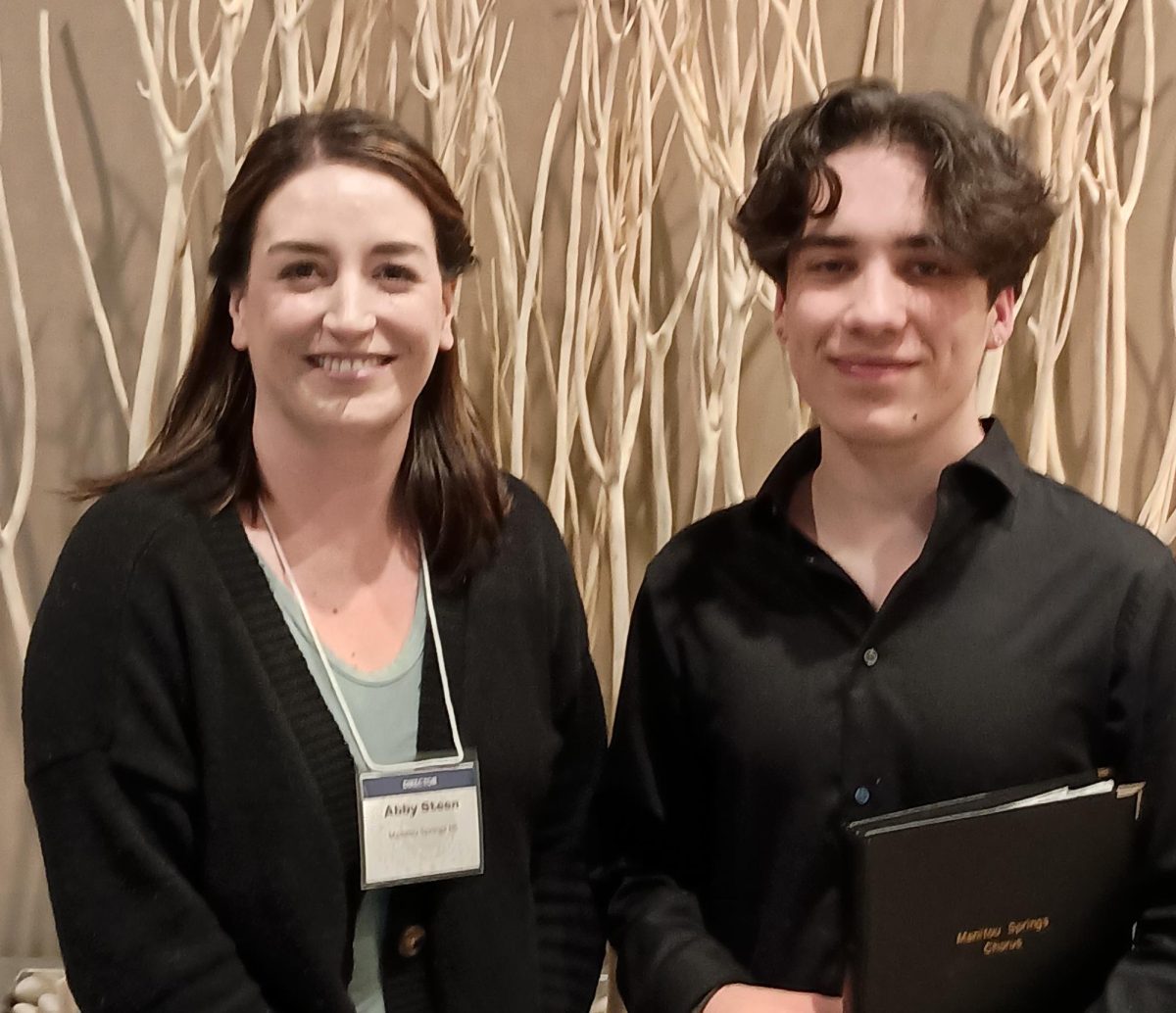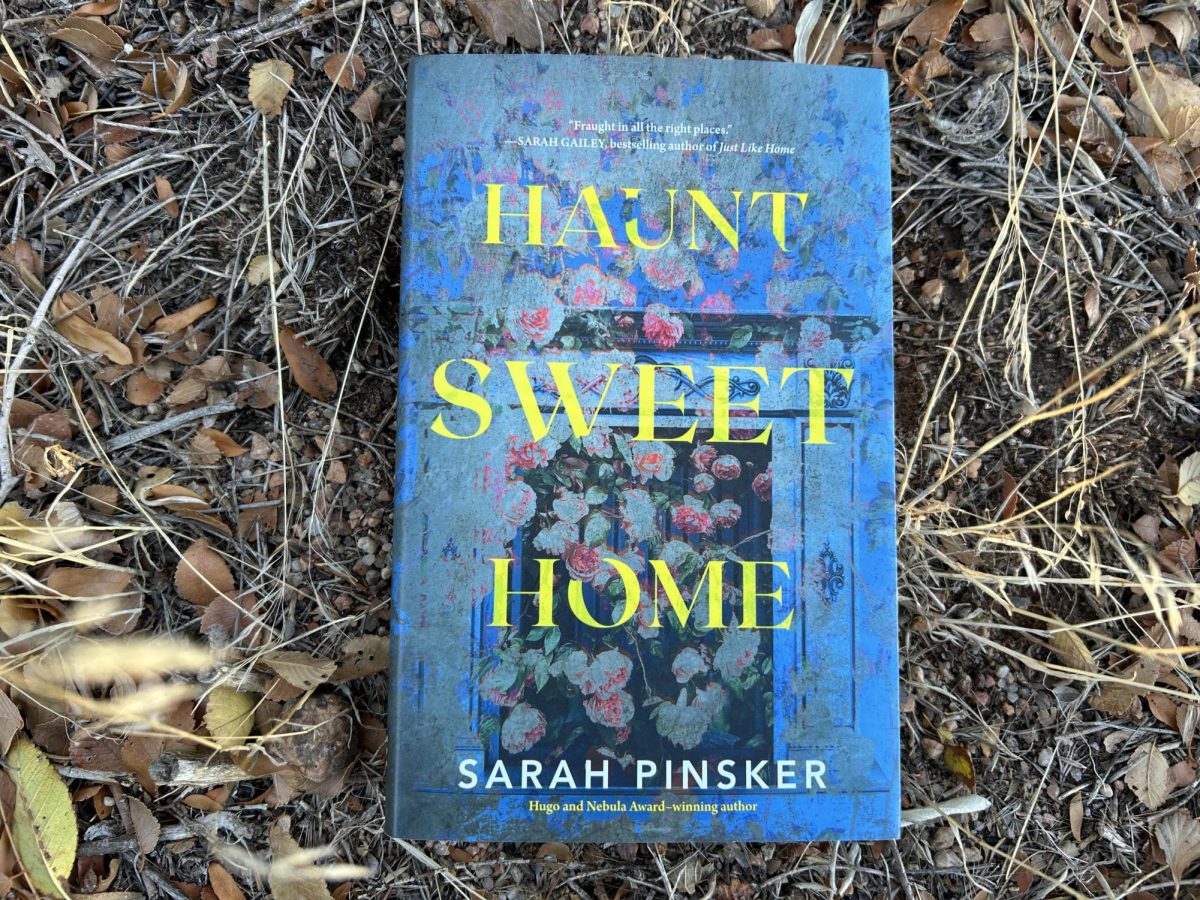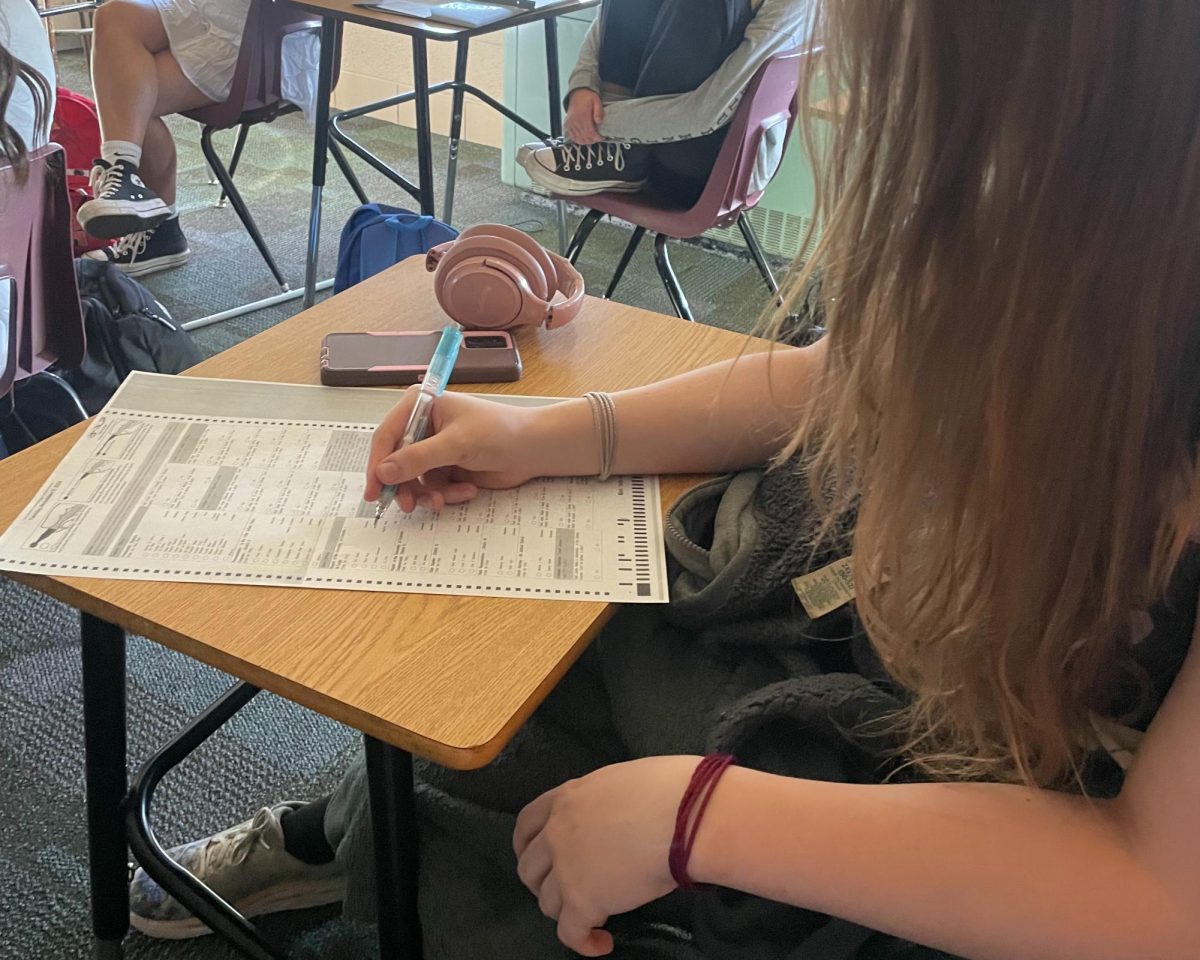While some high school seniors are excitedly preparing to vote in their first election this November, other seniors are feeling left out and frustrated about just barely missing the cut off.
“There is no universal day for the cut off day for age restriction on voting,” Brian Brown, the AP Government teacher said. “Each state gets to establish its own laws, governing when an individual is eligible to vote in primaries, caucuses, local elections or a general election like we have coming up.”
For a general election of the President of the United States and the US Senate and House of Representatives, you must be 18 years old by Election Day, but some states, such as Delaware and Maine, will allow you to vote in the primaries or the caucuses at 17, as long as you’ll be 18 by General Election Day. In Colorado you have to be eighteen on or before election day, which is on Nov. 5 this year.
“I’m particularly upset about not being able to vote,” Landon Foster, a senior born on Nov. 6, 2006, said. “By the time I turn eighteen, not all the votes will have been counted, so why does it matter if there’s one more vote?”
Trafford Havens, another senior born on Nov. 6, 2006, thinks that a slightly later date for cut off would make more sense. “I think you should be able to vote if you’re 18 before the time that they take office in January,” Havens said.
The 26th Amendment is the framework for this law, saying that the “right of citizens of the United States, who are eighteen years of age or older, to vote shall not be denied or abridged by the United States or by any State on account of age.” The date of the cut off for voting follows Election Day, which falls on the first Tuesday after the first Monday in November.
Brown believes that in the future there could be a chance that the law might change, but it would be difficult because it is an amendment. “If this was just a voting law that had somehow become a national law without it being an amendment, that would be pretty easy,” Brown said. “But adding or detracting an amendment to the Constitution is a pretty cumbersome and difficult process.”
Along with it being an amendment, it would be a difficult law to change because 18 to 29-year-olds are least likely to vote. “I think if the younger adults actually participated at a higher level, there would be a lot of energy to the movement,” Brown said, “but considering that they don’t, there’s no immediate push to get it lower.”
Even though they are not able to vote in this election, Havens and Foster still want to be able to have their voices heard.
Havens knows that he still has ways to make a difference, even though it may not be as big. “I can still talk to people,” Havens said. “I can discuss topics about the election and get my opinion out there.”
Foster thinks that being able to vote would be the only way to have his voice be heard. “I feel like the presidential election is the number one way to say ‘this is how I feel about our national government, and this is how I want it to be,’” Foster said.
While he still has other opportunities to voice his opinions, Foster feels like nothing else is as efficient. “I could sign a petition, but what are the chances that they’re actually going to listen to me?” he said.
Brown wants students to understand that there are other ways that they can get their voices heard, and there are ways that they are getting their opinions out there even if they don’t realize it. “Becoming more determined to get involved and say, “I do want to make that change” is where it really starts,” Brown said.
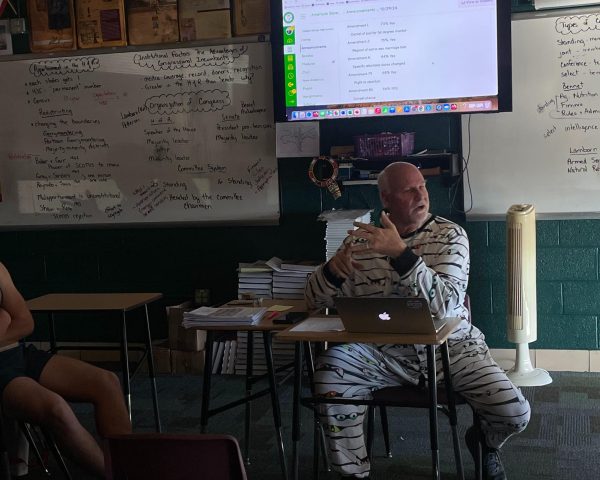
He encourages students to engage in conversations with their peers and in class, to engage with the student council to gain an understanding of how elections work, and see how that understanding changes how you see the general elections. “That builds practice for people saying ‘I got to participate’ and that’s where it really starts,” Brown said.
As disappointing as it may be for seniors who have barely missed this year’s cut off for the presidential election, it is important to remember that state and local elections are ways to exercise your right to vote. These midterm elections and referendums on local laws can be great ways to be involved and for you to see the immediate effects of voting.
“I’m pleased with the seniors and how receptive they’ve been to not only learning about government but the idea of actually participating in it,” Brown said.

